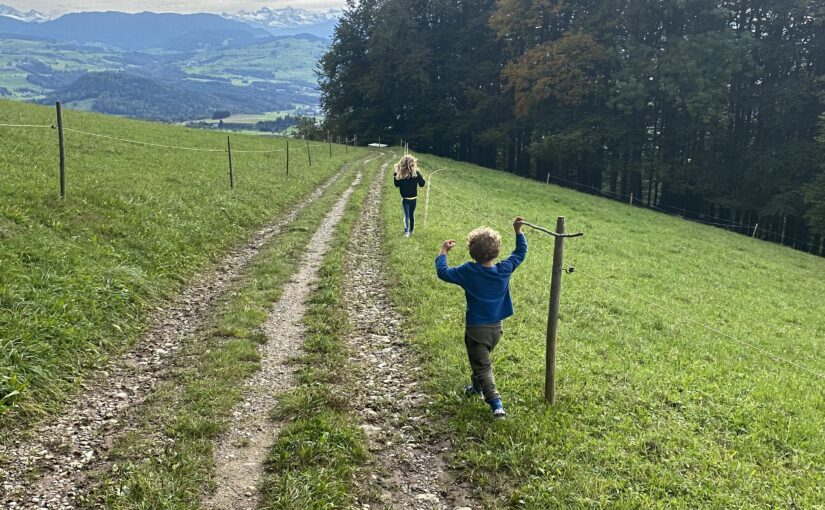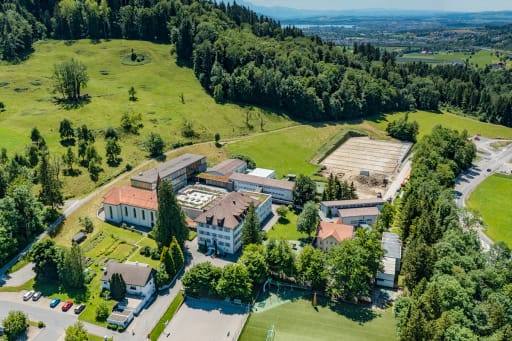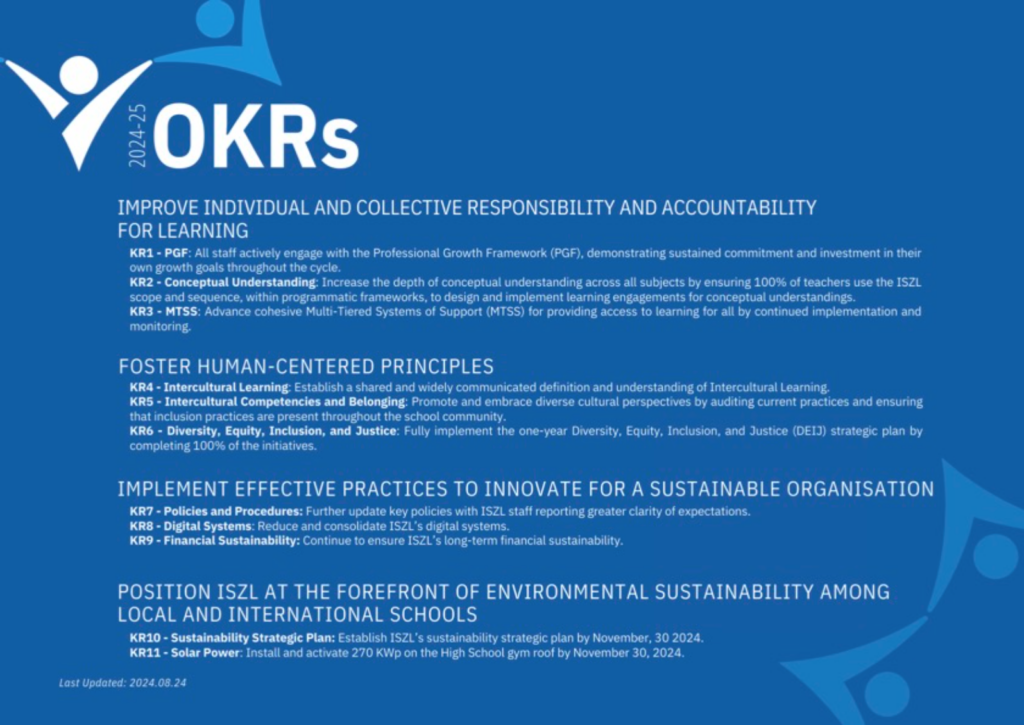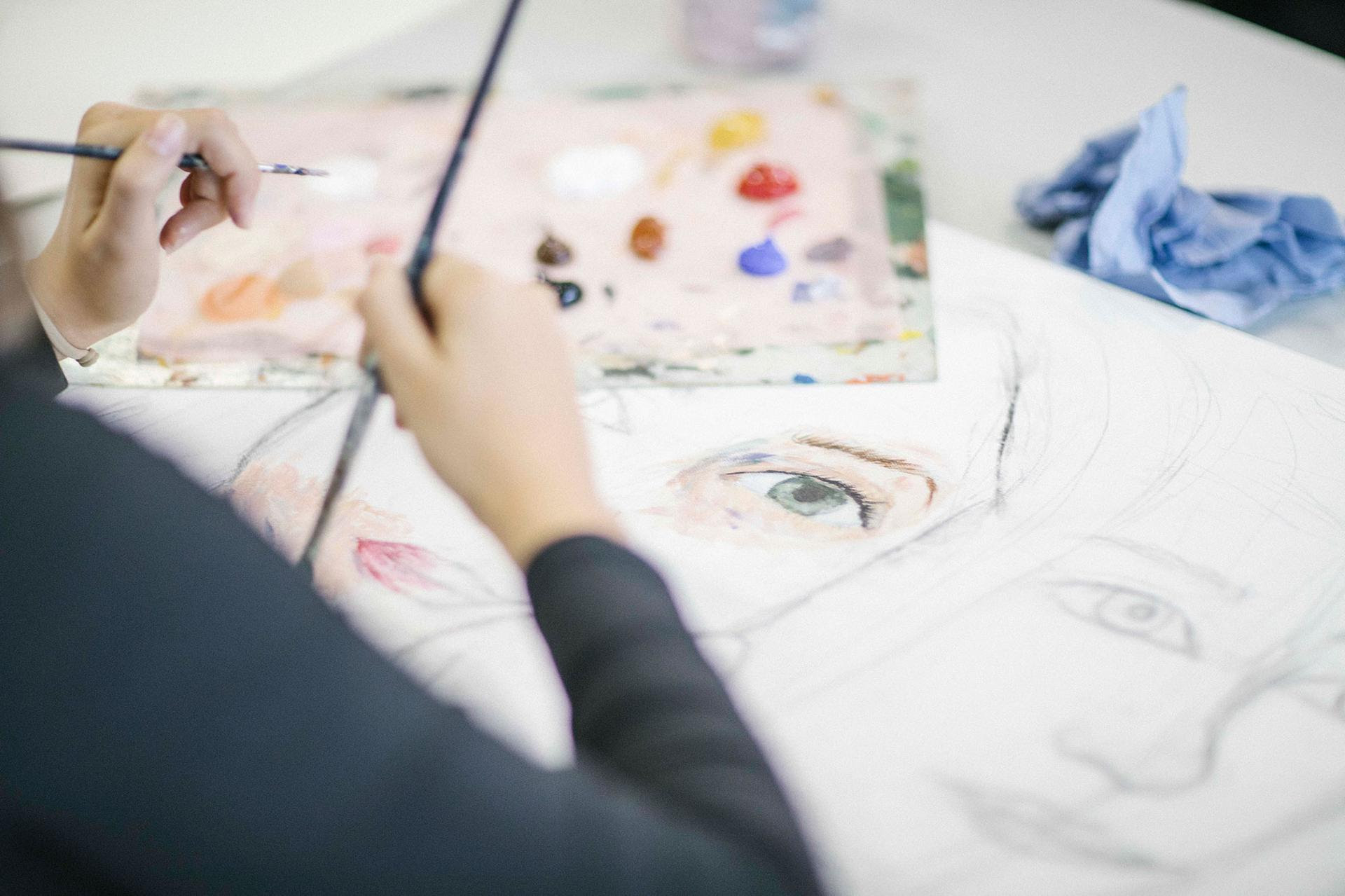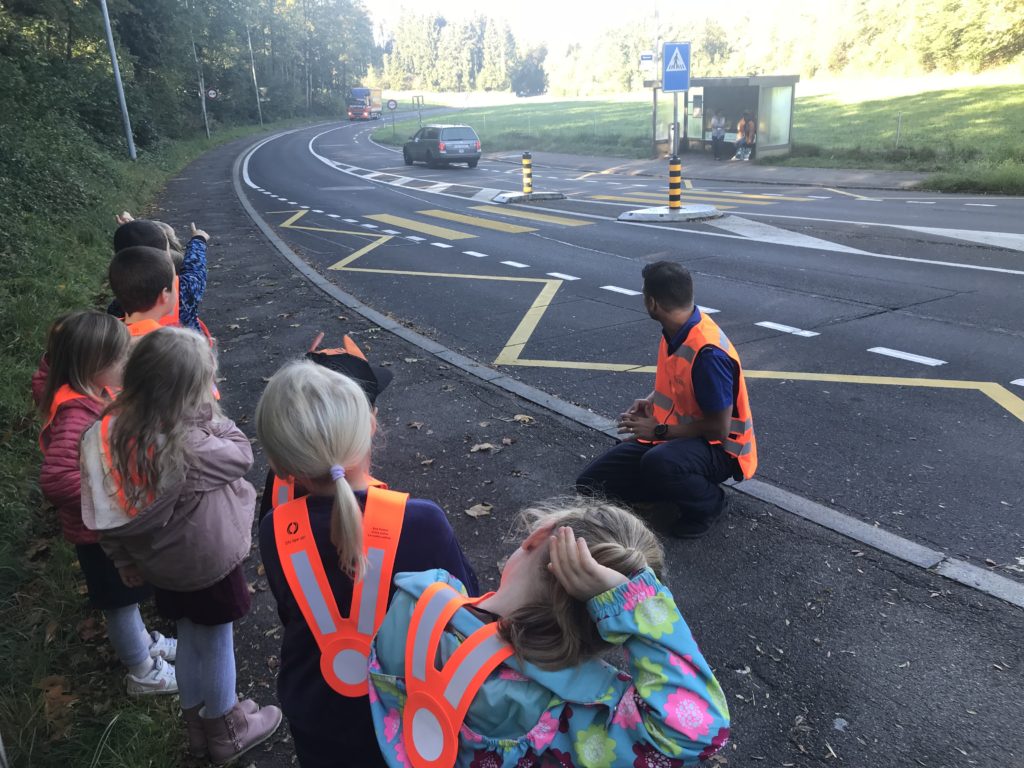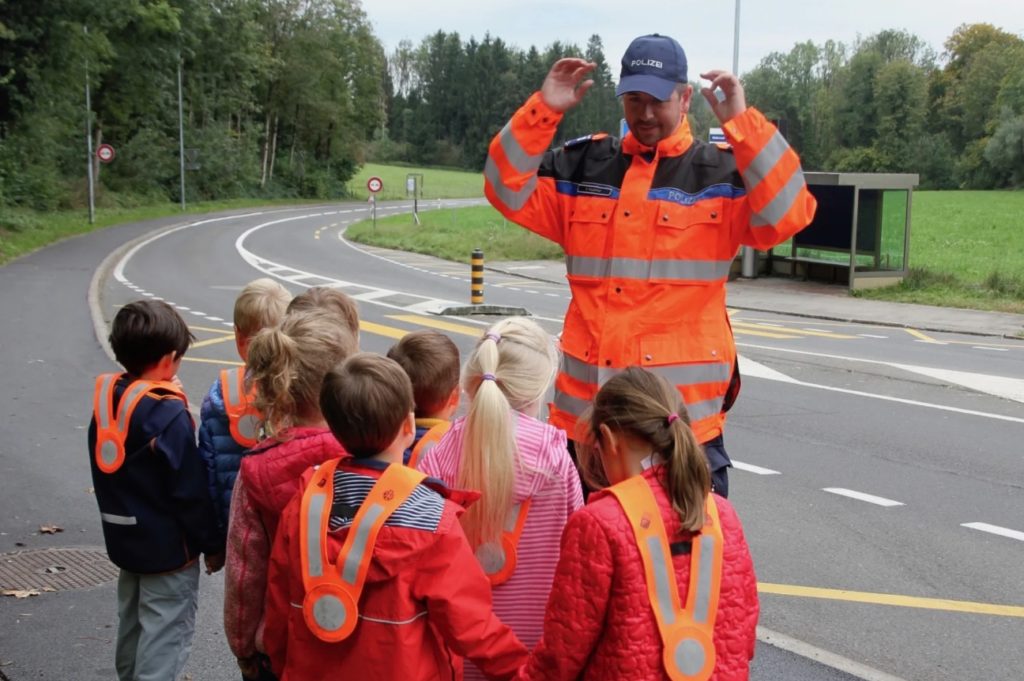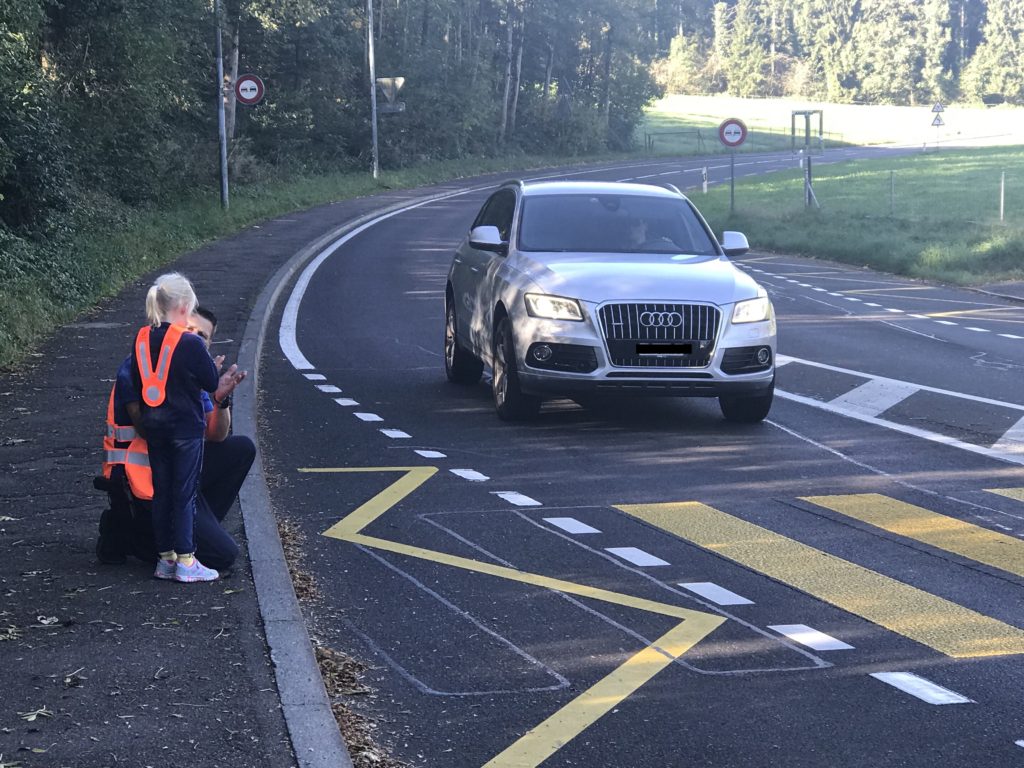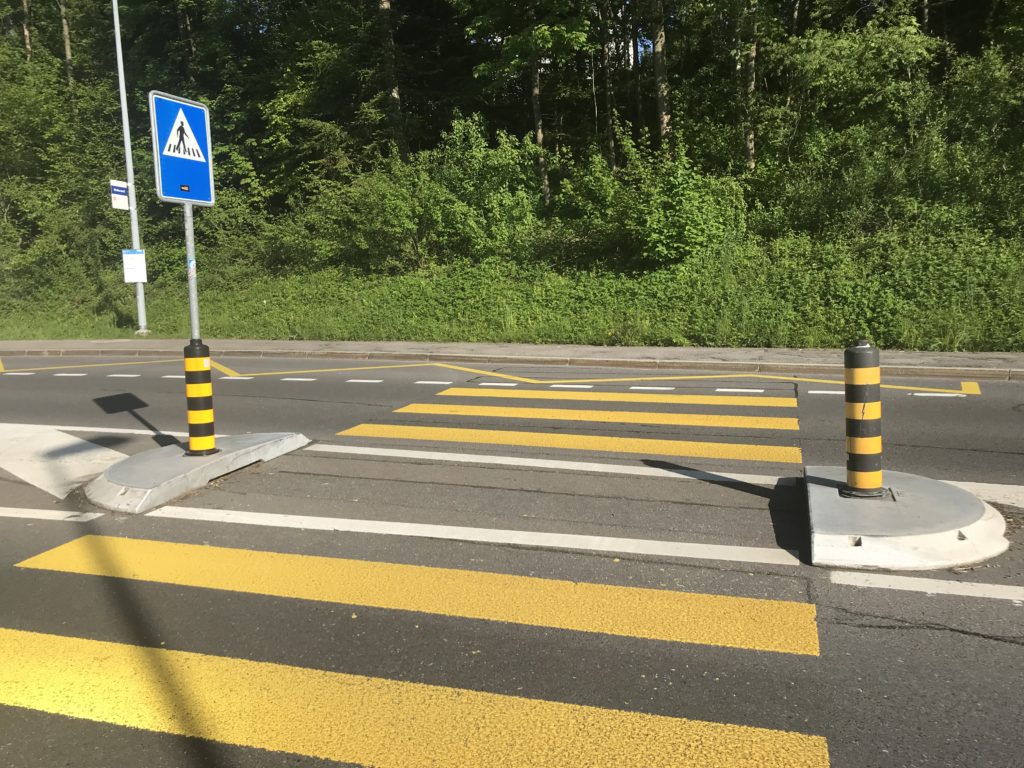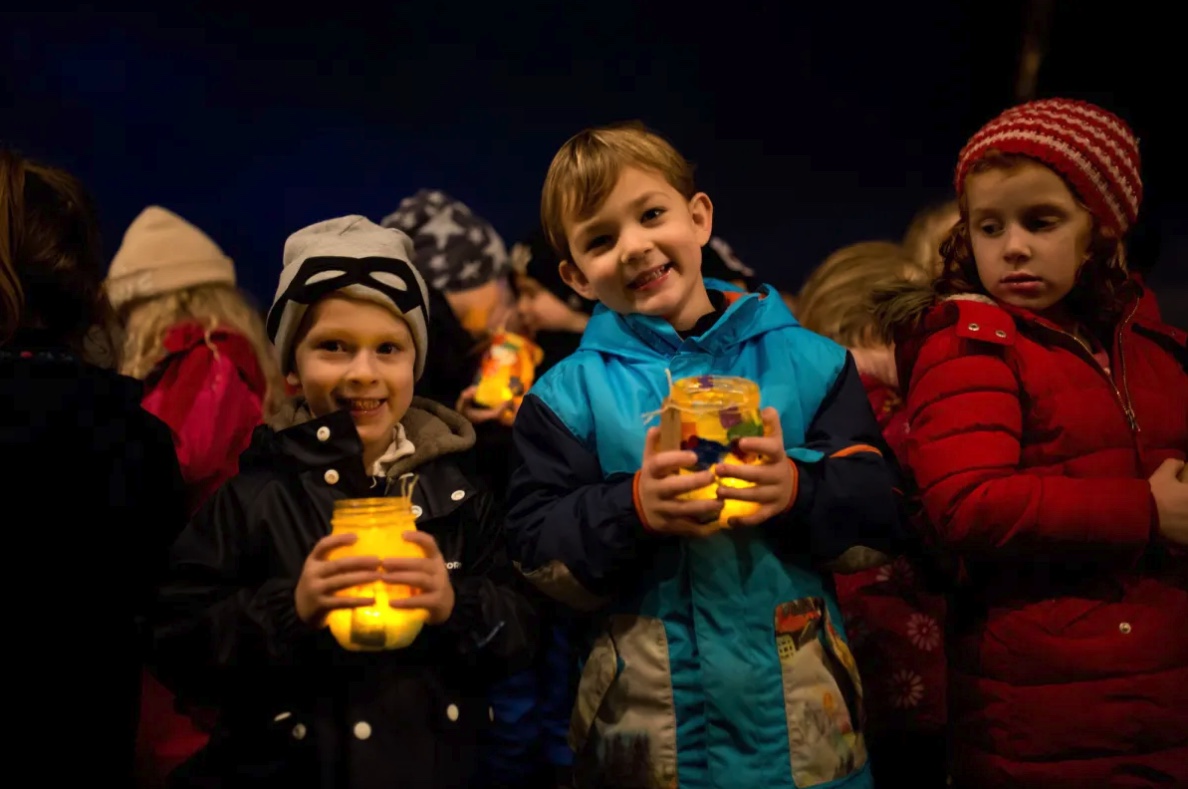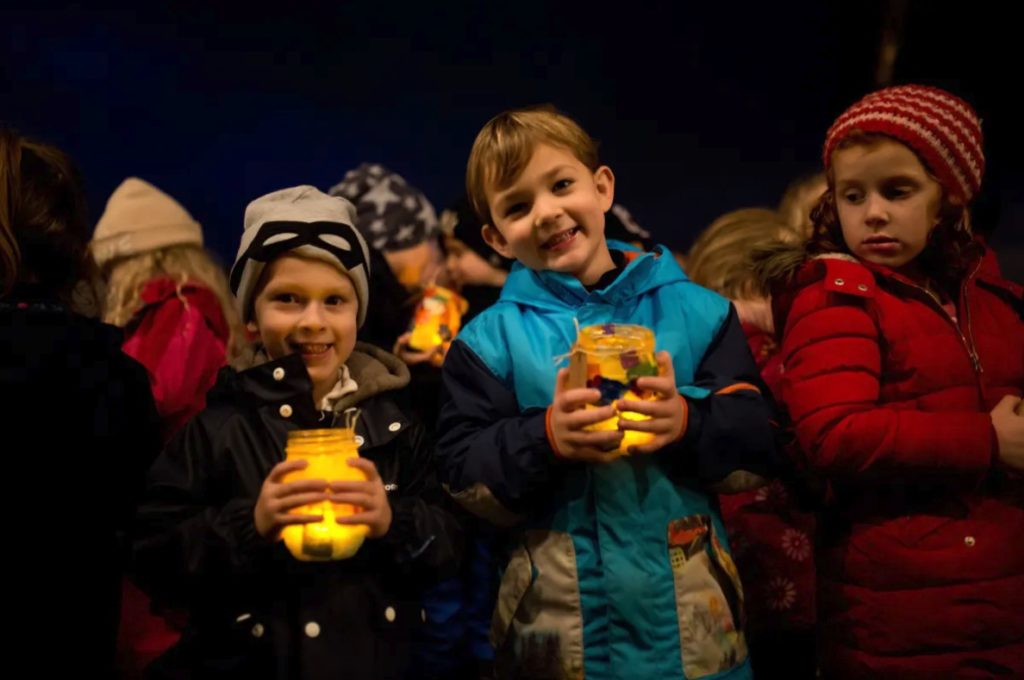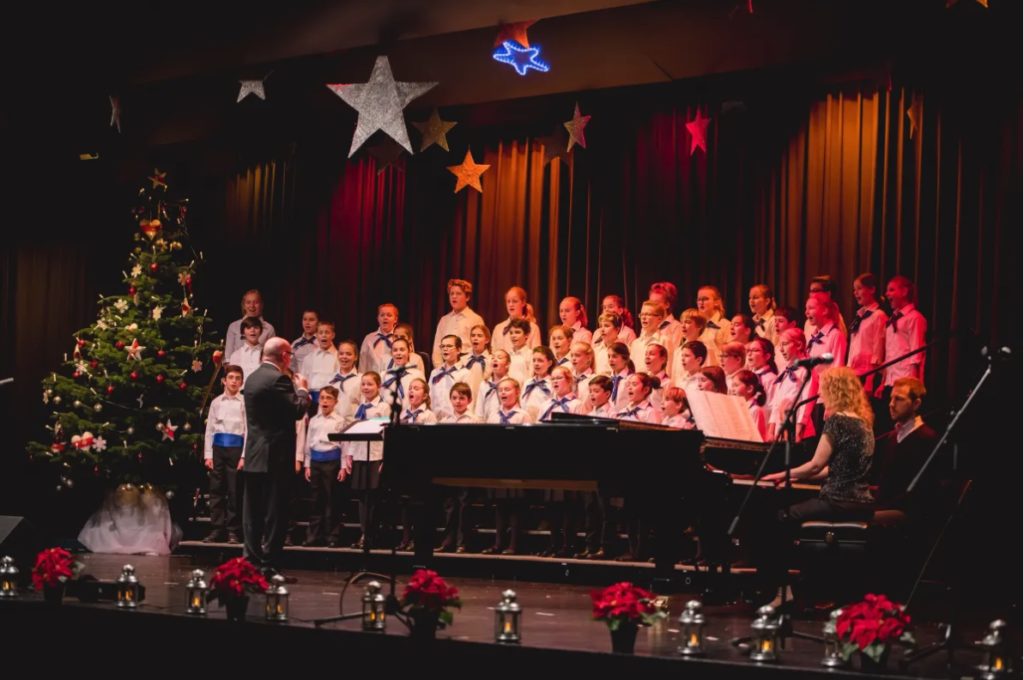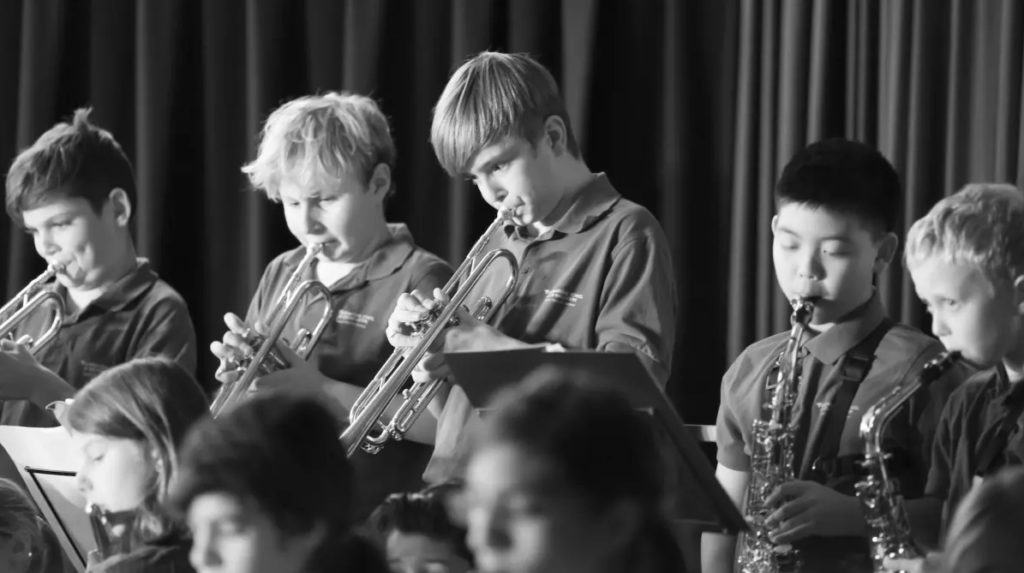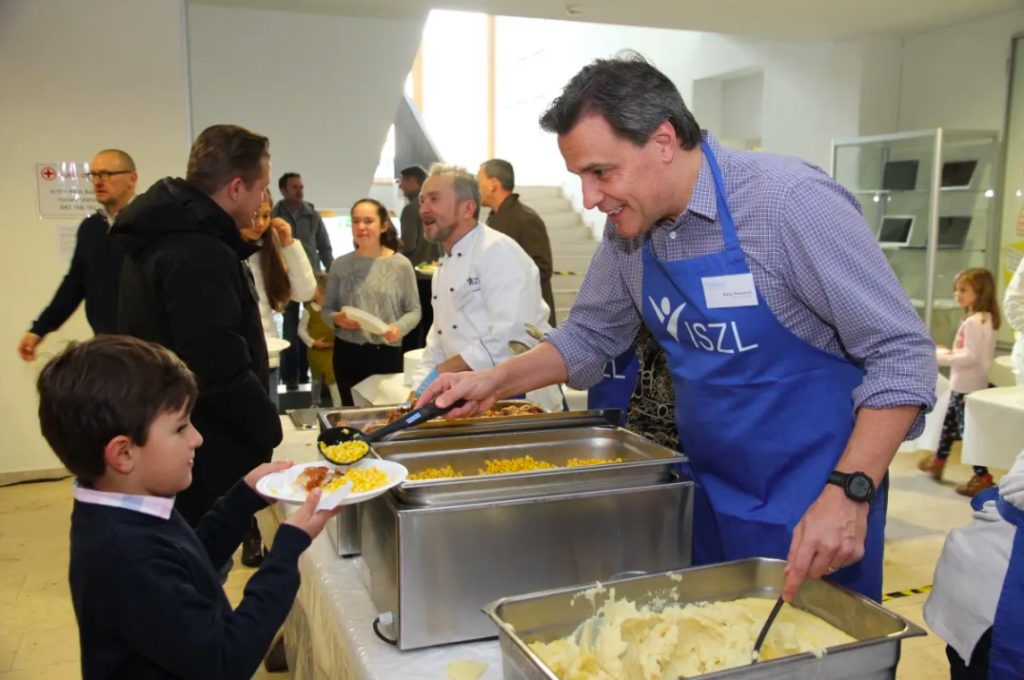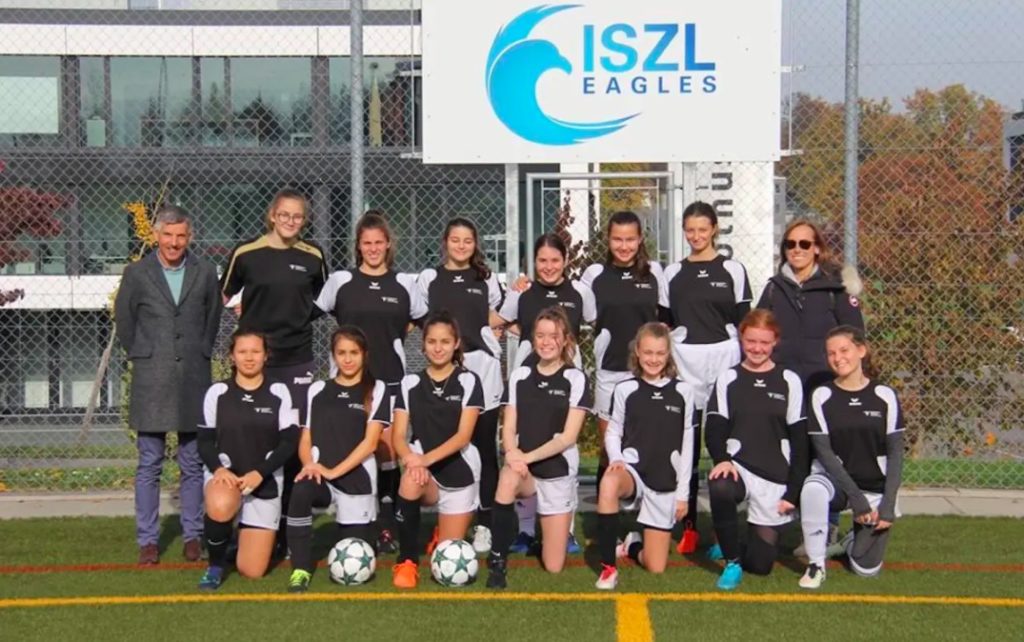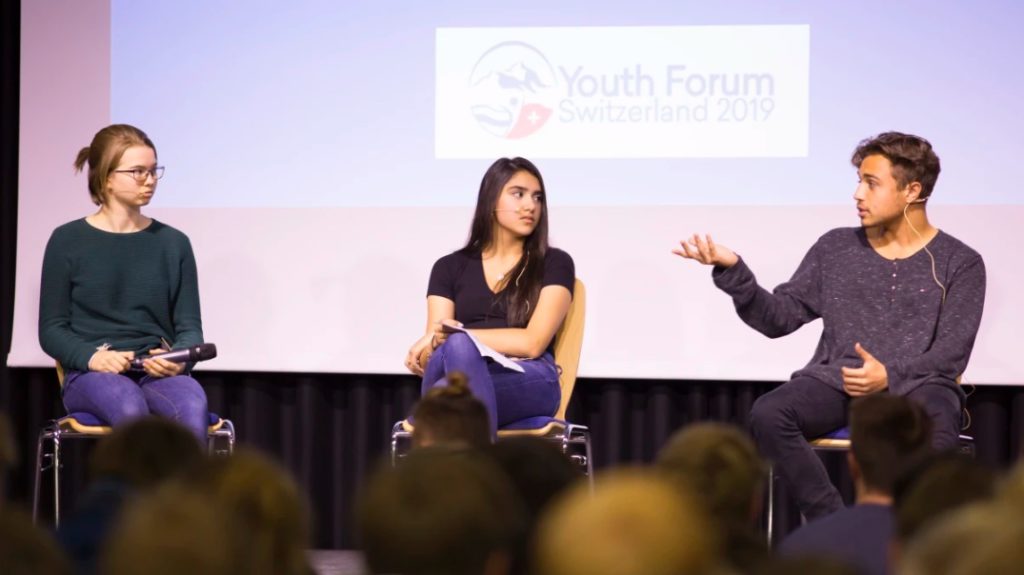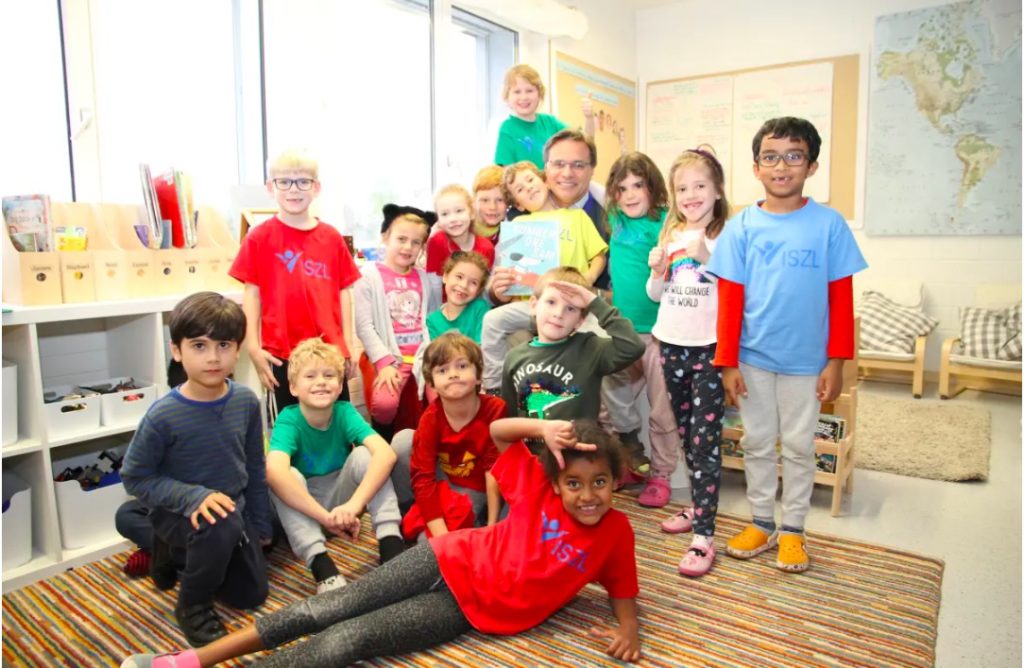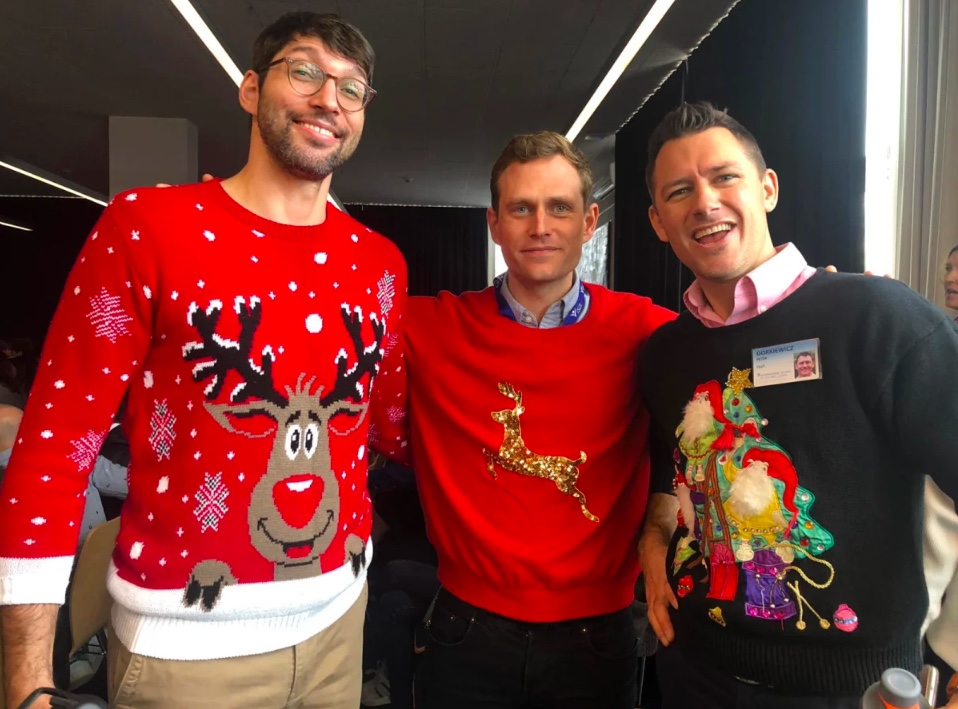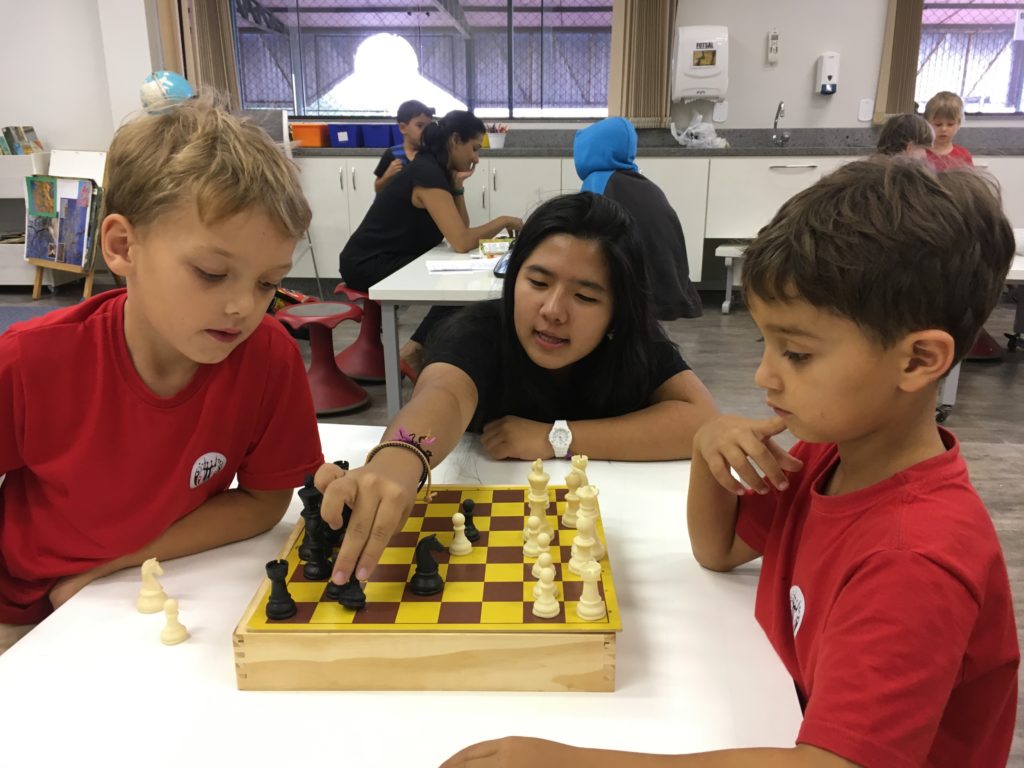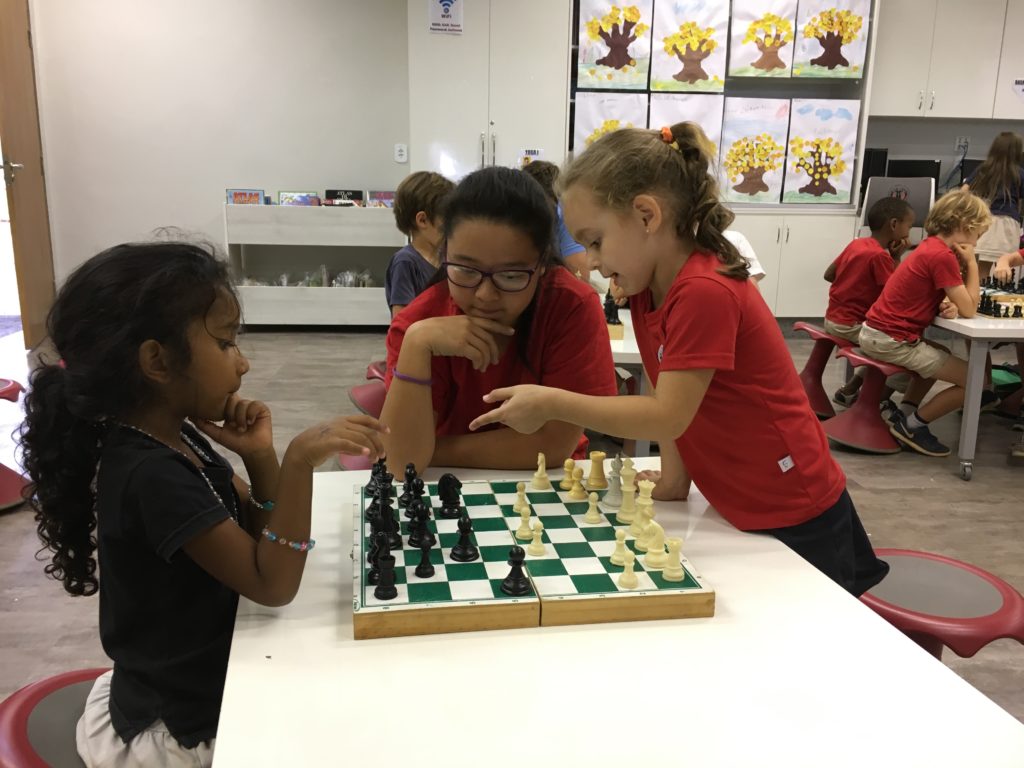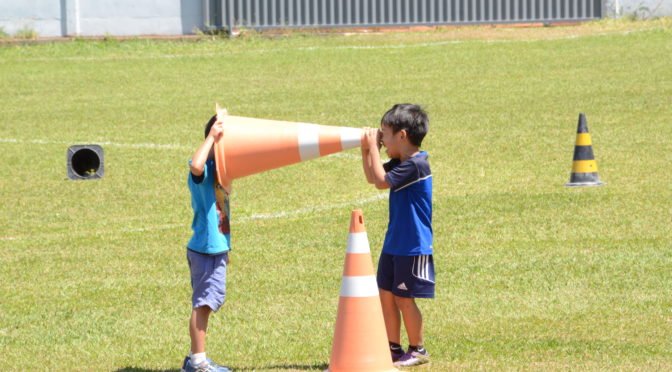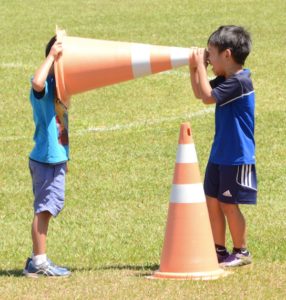An effective educational program requires full and shared participation from students, parents, and the school. Similar to a tripod in which all three legs are needed to provide support, a student’s development and realization of potential will not be fully achieved if even one of the legs – students, parents, and school – is not fully engaged in the learning process.
While we often talk about the role of students and schools in education, it is also important to reflect on the role parents play in student development. To that end, I would like to take this opportunity to express, on behalf of our community, our deep levels of gratitude for the positive difference parents make in the development of EAB’s programs, contributions to our school’s growth, and the learning experienced by our students.
What does an effective parent partnership look like? The Inclusive Schools Network emphasizes that effective parent partnerships are built on three guiding principles: Respect, Responsibility, and Relationships.
With a primary focus on meeting student needs, an effective partnership is one that is built on mutual respect in which both the school and parent contributions are valued. Together, the family and the schools’ perspectives are invaluable to the educational process. This is why the focus on parent involvement in decision-making processes and the commitment to seek parent feedback is of paramount importance. With respect also come recognition of limits and an understanding of corresponding responsibilities.
Joyce Epsteen, the director for The Center of Parent School and Community Partnerships at John Hopkins University, effectively frames the focus on responsibility: “Our charge is to create parent-friendly schools and school-friendly homes”. A parent-friendly school is responsible for ensuring an inclusive environment that is committed to working with all students and families and creating structures that enable parents to be full partners in the learning process. A school-friendly home is responsible for reinforcing the school’s values and educational program. There is also a key responsibility for both partners to ensure that communication is constant, two-way, and meaningful. The large number of parent participation, workshop, and feedback opportunities offered by EAB and the similarly large number of parents who attend these events is an encouraging indicator that there is a high degree of responsibility assumed by both the school and parents towards the development of our students.
The third guiding principle is relationship building, which represents the foundation of any effective partnership. With a strong focus on trust, collaboration, and communication, we must ensure that there is an opportunity to contribute, make a difference, and feel valued as members of a dynamic community.
Yes, this can be hard work and there may be times when everyone may not always be in agreement. However, it is the common goal of providing our students with the best possible educational program that reinforces our focus on the ideals associated with respect, responsibility, and relationships.
Finally, in relation to the theme of parent partnerships, I would like to thank our parent volunteers as the extent to which they support EAB is both heartening and inspiring. The support from parents in the last few weeks alone has ranged from the work of the Parent-Teacher Organization (PTO), to the organization of Silent Auction during last weekend’s World Fest, to serving on the Canteen and Food Services Committee, to donating to EAB’s Envision program, to serving as members of EAB’s Board of Directors, to name but a few examples. The hard work and commitment of our parent volunteers makes a real difference in our school and is greatly appreciated by the EAB community.
Reference:
Williams, P. (2015). HOW DO WE BUILD EFFECTIVE PARENT-SCHOOL PARTNERSHIPS IN INCLUSIVE SCHOOLS? Retrieved from http://inclusiveschools.org/how-do-we-build-effective-parent-school-partnerships-in-inclusive-schools/
Parceria Com os Pais
Um programa educacional eficaz requer a participação plena e compartilhada dos alunos, dos pais e da escola. Semelhante a um tripé, onde as três pernas são necessárias para fornecer apoio, o desenvolvimento de um aluno e a percepção de seu potencial não serão alcançados se, mesmo uma das pernas, alunos, pais e escola, não estiverem totalmente envolvidos no processo de aprendizagem.
Embora muitas vezes falemos sobre o papel dos alunos e escolas na educação, também é importante refletir sobre o papel desempenhado pelos pais no desenvolvimento do aluno. Para isso, gostaria de aproveitar a oportunidade para expressar, em nome da nossa comunidade, a minha profunda gratidão pela diferença positiva que os pais fazem no desenvolvimento dos programas da EAB, nas contribuições para o crescimento da nossa escola e o aprendizado vivido pelos nossos alunos.
O que torna uma parceria eficaz? A Rede de Escolas Inclusivas enfatiza que parcerias efetivas com pais são construídas com três princípios orientadores: Respeito, Responsabilidade e Relacionamentos.
Focando primeiramente nas necessidades dos alunos, uma parceira eficaz é aquela construída sobre o respeito mútuo, no qual tanto a escola quanto as contribuições dos pais são valorizadas. Juntos, a família e as perspectivas das escolas são inestimáveis para o processo educacional. É por isso que o foco no envolvimento dos pais nos processos de tomada de decisão e, o compromisso de buscar o feedback dos pais é de suma importância. Com respeito também temos o reconhecimento dos limites e a compreensão das responsabilidades correspondentes.
Joyce Epsteen, diretora do Centro de Escola para Pais e Parcerias Comunitárias da Universidade John Hopkins, enquadra o foco na responsabilidade: “Nossa responsabilidade é criar escolas amigas dos pais e casas amigas da escola”. Uma escola favorável aos pais é responsável em assegurar um ambiente inclusivo que se compromete a trabalhar com todos os alunos e famílias e criar estruturas que permitam aos pais serem parceiros de pleno direito no processo de aprendizagem. Uma escola-casa amigável é responsável por reforçar os valores da escola e o programa educacional. Existe também uma responsabilidade chave para ambos os parceiros em assegurar que a comunicação seja constante, bidirecional e significativa. O grande número de envolvimento dos pais, workshops e oportunidades de feedback fornecidas pela EAB e o número similar de pais que participam desses eventos é um indicador encorajador de que existe um alto grau de responsabilidade assumido tanto pela escola como pelos pais em relação ao desenvolvimento dos nossos alunos.
O terceiro princípio orientador é a construção de relações, que representa a base de qualquer parceria eficaz. Com forte foco na confiança, colaboração e comunicação devemos garantir que existe uma oportunidade de contribuir, fazer a diferença e se sentir valorizado como membro de uma comunidade dinâmica.
Sim, isso pode ser um trabalho árduo e haverá momentos em que nem todos vão estar de acordo. No entanto, é o objetivo comum de proporcionar aos nossos alunos o melhor programa educacional possível que reforça o nosso foco sobre os ideais associados ao respeito, responsabilidade e relacionamentos.
Por fim, em relação ao tema parcerias entre os pais, eu gostaria de agradecer aos nossos pais voluntários, pois a forma com que eles apoiam a EAB é encorajador e inspirador. O apoio dos pais nas últimas semanas incluiu o trabalho da Organização de Pais e Mestres (PTO), a organização do Leilão Silencioso que ocorreu no World Fest no final de semana passado, o Comitê da Cantina e Serviços de Alimentos, até a doação feita ao Programa Envision da EAB associado ao desenvolvimento e levantamento de fundos, e ainda serviram como membros do Conselho de Administração da EAB, entre tantos outros exemplos. O trabalho árduo dos nossos pais voluntários faz uma diferença real na nossa escola e é muito apreciado pela nossa comunidade.
Reference:
Williams, P. (2015). HOW DO WE BUILD EFFECTIVE PARENT-SCHOOL PARTNERSHIPS IN INCLUSIVE SCHOOLS? Retrieved from http://inclusiveschools.org/how-do-we-build-effective-parent-school-partnerships-in-inclusive-schools/
Featured image: cc licensed (CC BY 2.0) Flickr photo by Christopher (Books): https://www.flickr.com/photos/shutterhacks/4474421855/
